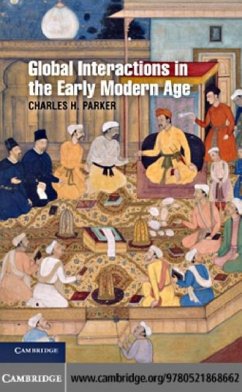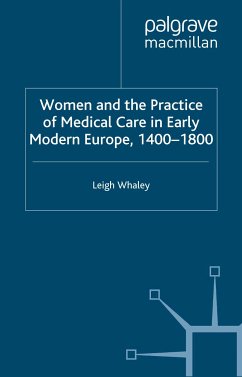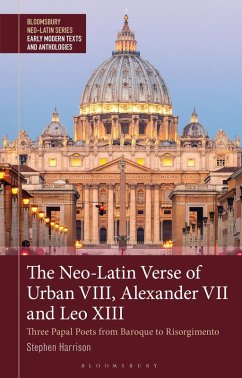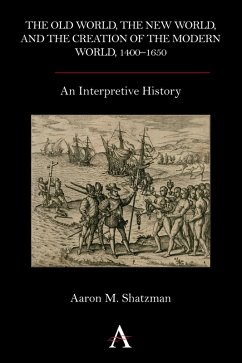
Neo-Latin Commentaries and the Management of Knowledge in the Late Middle Ages and the Early Modern Period (1400 -1700) (eBook, PDF)

PAYBACK Punkte
30 °P sammeln!
Profound study of one of the most important genres within Humanist scholarship Between 1400 and 1700 the political, religious, intellectual, and even geographic landscape was profoundly changed by the Reformation, Humanism, the rise of empirical science, the invention of printing technology, and the discovery of the New World. The late medieval and early modern intellectuals felt an urgent need to respond to the changes they were involved in, and to come to a revision and re-authorisation of knowledge. They embarked on a scholarly programme of a quality and extent hitherto unknown in the Weste...
Profound study of one of the most important genres within Humanist scholarship Between 1400 and 1700 the political, religious, intellectual, and even geographic landscape was profoundly changed by the Reformation, Humanism, the rise of empirical science, the invention of printing technology, and the discovery of the New World. The late medieval and early modern intellectuals felt an urgent need to respond to the changes they were involved in, and to come to a revision and re-authorisation of knowledge. They embarked on a scholarly programme of a quality and extent hitherto unknown in the Western world: the whole body of the literature of antiquity, including the Bible, was to be re-edited critically and furnished with commentaries. The Neo-Latin commentary became the most important genre of humanist scholarship. This book sheds light on the various ways in which classical authors and the Bible were commented on, the types of commentary, the commenting strategies that were used to approach different readerships, the various kinds of knowledge that were collected, created, and transmitted, and the usages and reading practices applied to commentaries.
Contributors K. Enenkel (Westfälische Wilhelms-Universität, Münster), S. de Beer (Leiden University Centre for the Arts in Society), C. Kallendorf (Texas A&M University), C. Pieper (Leiden University Centre for the Arts in Society), M. Pade (Aarhus University), V. Berlincourt (Université de Genève), J. Bloemendal (Huygens Institute for the History of the Netherlands), V. Wels (Berlin), W. J. Zwalve (Institute for the Interdisciplinary Study of the Law, Leiden University), B. H. Stolte (University of Groningen), B. Roling (Institut für Griechische und Lateinische Philologie, Freie Universität Berlin), H. Nellen (Huygens Institute for the History of the Netherlands), J. Touber (Utrecht University)
Contributors K. Enenkel (Westfälische Wilhelms-Universität, Münster), S. de Beer (Leiden University Centre for the Arts in Society), C. Kallendorf (Texas A&M University), C. Pieper (Leiden University Centre for the Arts in Society), M. Pade (Aarhus University), V. Berlincourt (Université de Genève), J. Bloemendal (Huygens Institute for the History of the Netherlands), V. Wels (Berlin), W. J. Zwalve (Institute for the Interdisciplinary Study of the Law, Leiden University), B. H. Stolte (University of Groningen), B. Roling (Institut für Griechische und Lateinische Philologie, Freie Universität Berlin), H. Nellen (Huygens Institute for the History of the Netherlands), J. Touber (Utrecht University)
Dieser Download kann aus rechtlichen Gründen nur mit Rechnungsadresse in A, B, BG, CY, CZ, D, DK, EW, E, FIN, F, GR, HR, H, IRL, I, LT, L, LR, M, NL, PL, P, R, S, SLO, SK ausgeliefert werden.













